Introduction Best Project Management Tools
In an era where efficiency and collaboration drive success, selecting the best project management software is crucial for businesses of all sizes. This specialized software streamlines project workflows, enhances team collaboration, and provides insights that help managers make informed decisions. Whether you are a small startup or a large corporation, utilizing effective project management tools can transform the way you operate, enabling you to meet deadlines and exceed client expectations. With a myriad of options available, understanding which software aligns with your specific needs and team dynamics is essential. In this comprehensive guide, we will explore ten top-tier project management software solutions, detailing their features, pricing, and advantages, ensuring you find the right fit to propel your projects to success.
What is Best Project Management Software?
Project management software is a powerful tool designed to assist individuals and teams in planning, executing, and managing projects with remarkable efficiency. At its core, this software provides a suite of functionalities that facilitate task scheduling, resource allocation, and progress tracking. With intuitive dashboards and collaborative features, teams can seamlessly communicate, share documents, and monitor project milestones in real time.
From small startups tackling their first initiatives to large enterprises managing complex portfolios, the right project management tool can make a transformative difference in achieving success. By streamlining workflows, enhancing transparency, and providing critical insights into project health, these platforms empower teams to stay organized, adhere to deadlines, and ultimately deliver quality results.
Moreover, the best project management software often includes advanced capabilities such as Gantt charts, time tracking, and reporting tools, enabling managers to make data-driven decisions. In today’s fast-paced business environment, leveraging such technology not only helps in optimizing resources but also in fostering a culture of collaboration and accountability among team members.
As organizations continue to navigate the complexities of project delivery, understanding the essential features and benefits of project management software becomes increasingly vital. This ensures that teams are not just working hard but are also working smart, paving the way for successful project outcomes.
Project management software is critical for Create a Scalable Business Model because it provides the tools to streamline workflows, optimize resources, and keep projects on track. By helping teams stay organized, meet deadlines, and collaborate effectively, it lays the foundation for growth and adaptability. Without a solid project management system in place, managing increasing complexity can quickly become overwhelming, hindering scalability. Implementing the right software early on can ensure a smooth path to expansion and long-term success.
Table of Contents – Best project management System
Criteria for Choosing Best Project Management Software
When selecting project management software, consider the following factors:
- Features: Identify essential features, such as task management, time tracking, collaboration tools, reporting, and integrations with other applications.
- Ease of Use: The software should have an intuitive interface that allows quick adoption without extensive training.
- Pricing: Evaluate the cost and consider whether it fits within your budget. Many tools offer free trials or tiered pricing models.
- Scalability: Choose a solution that can grow with your business and handle increased project complexity over time.
- Customer Support: Good customer support is essential, especially if you encounter issues while using the software.
Top 10 Project Management Software
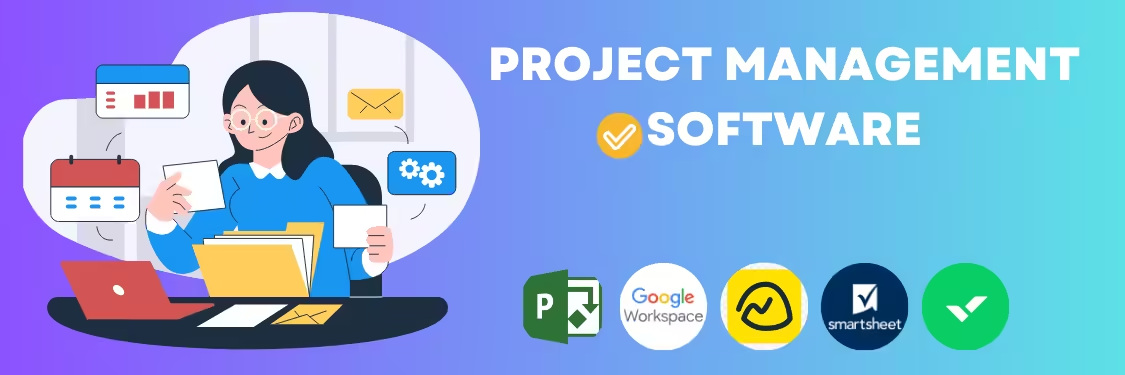
When it comes to managing projects effectively, choosing the right software is crucial. The top 10 project management software options provide diverse features tailored to different team sizes and project complexities. From powerful tools like Microsoft Project and Jira, which excel in task tracking and collaboration, to user-friendly platforms like Asana and Trello that prioritize visual organization, each software has its unique strengths. This list will explore these top contenders, detailing their functionalities, pricing, and overall benefits to help you find the perfect fit for your project management needs.
1. Microsoft Project
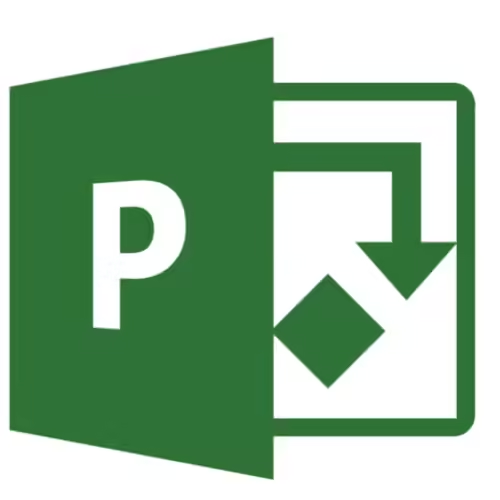
Microsoft Project is a robust project management software designed for planning, scheduling, and managing projects efficiently. It offers advanced features to help teams track progress and allocate resources effectively.
- Features: Task scheduling, resource management, Gantt charts, budgeting, collaboration tools.
- Pricing: Starts at $10 per user/month (with different tiers based on features).
- Pros: Comprehensive feature set, integration with Microsoft Office, great for complex projects.
- Cons: Steep learning curve, higher cost compared to alternatives.
2. Jira Project Management

Jira is a leading project management tool tailored for software development teams, focusing on agile project management methodologies. It helps teams plan, track, and manage software development projects.
- Features: Agile boards, backlog prioritization, sprint planning, reporting, integration with development tools.
- Pricing: Starts at $7.75 per user/month.
- Pros: Ideal for agile methodologies, powerful tracking features, customizable workflows.
- Cons: Can be overwhelming for non-technical teams, setup complexity.
3. asana project management
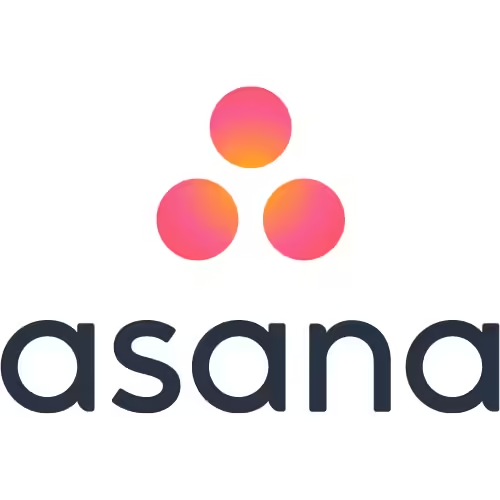
asana project management is a versatile project management tool that helps teams organize tasks, track project progress, and collaborate seamlessly, making it suitable for teams of all sizes.
- Features: Task assignments, project timelines, calendar views, collaboration features, reporting.
- Pricing: Free tier available; premium plans start at $10.99 per user/month.
- Pros: User-friendly interface, flexibility, good integration options.
- Cons: Limited features in free version, can become cluttered with many tasks.
4. Google Workspace
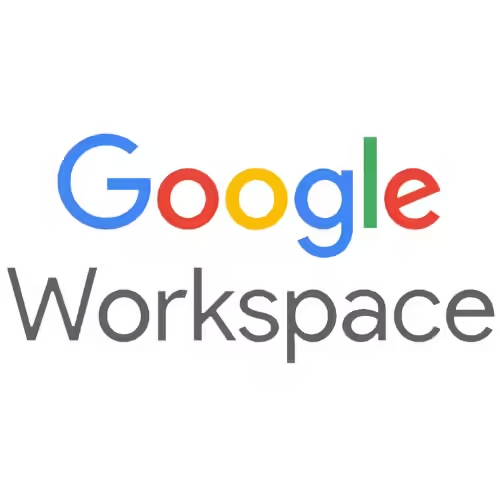
Google Workspace provides a suite of collaboration tools that facilitate project management through shared documents, spreadsheets, and presentations. It enhances team communication and productivity.
- Features: Google Docs, Sheets, Calendar, Meet, and Drive integration, real-time collaboration.
- Pricing: Starts at $6 per user/month.
- Pros: Familiar interface, strong collaboration tools, great for remote teams.
- Cons: Lacks dedicated project management features, depends on external tools for task tracking.
5. basecamp project management
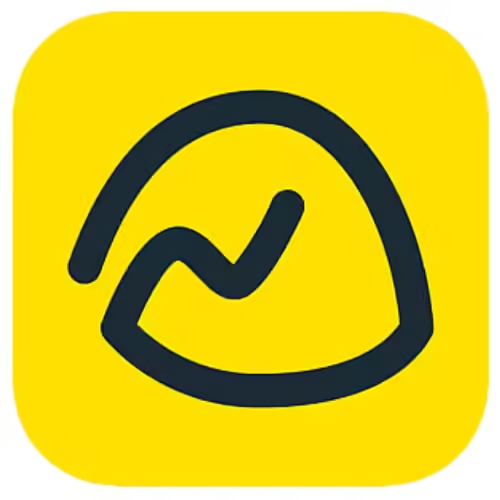
basecamp project management is a straightforward project management tool designed for collaboration and communication. It centralizes project-related discussions and tasks, making it easy for teams to stay organized.
- Features: To-do lists, message boards, file sharing, scheduling, automatic check-ins.
- Pricing: Flat rate of $99/month for unlimited users.
- Pros: Simple and intuitive, great for small teams, good value for unlimited users.
- Cons: Limited advanced features, less suitable for complex projects.
6. Trello
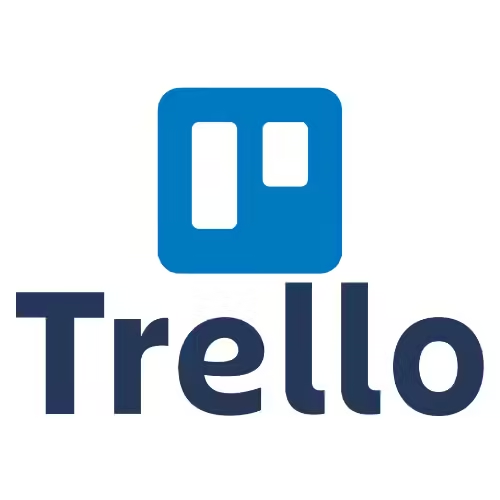
Trello uses a card-based system to help teams manage tasks visually. It’s ideal for smaller projects and teams that prefer a simple, drag-and-drop interface.
- Features: Boards, lists, cards, due dates, checklists, integrations.
- Pricing: Free tier available; Business Class starts at $12.50 per user/month.
- Pros: Visual and intuitive, easy to use, flexible for various project types.
- Cons: Limited functionality for larger projects, reliance on power-ups for advanced features.
7. Monday.com
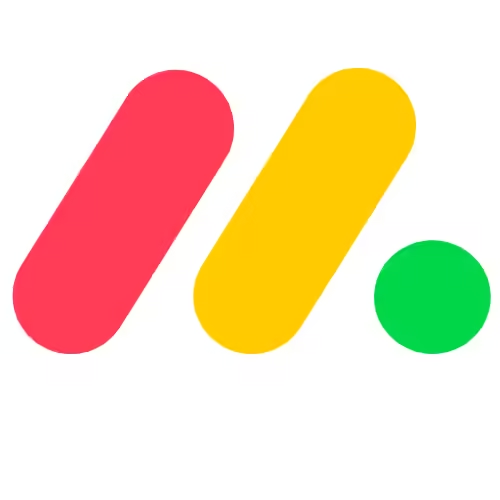
Monday.com is a flexible project management tool that allows teams to build custom workflows and manage projects effectively. It offers a highly visual interface for tracking progress.
- Features: Customizable dashboards, automation, timeline views, collaboration tools, integrations.
- Pricing: Starts at $8 per user/month.
- Pros: Highly customizable, user-friendly, great visualization options.
- Cons: May be overwhelming for new users, higher cost for advanced features.
8. Wrike

Wrike is a robust project management platform that caters to teams of all sizes, providing tools for collaboration, planning, and tracking project performance.
- Features: Gantt charts, time tracking, reporting, task dependencies, collaboration tools.
- Pricing: Free tier available; paid plans start at $9.80 per user/month.
- Pros: Comprehensive features, great for larger teams, customizable workflows.
- Cons: Complex setup for new users, pricing can escalate with added features.
9. Smartsheet
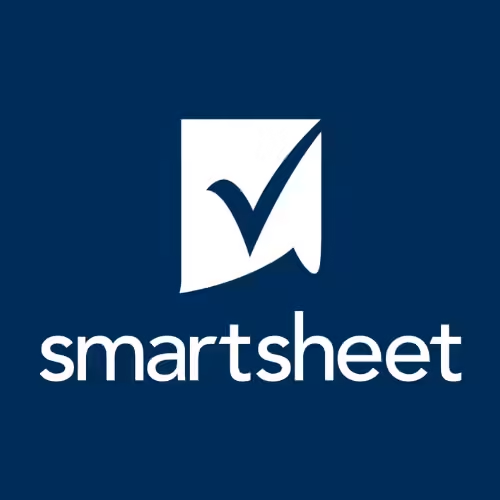
Smartsheet combines the simplicity of spreadsheets with project management capabilities, allowing teams to manage projects, track progress, and collaborate in one place.
- Features: Grid views, Gantt charts, dashboards, reporting, automation.
- Pricing: Starts at $7 per user/month.
- Pros: Familiar spreadsheet interface, powerful automation features, great for data management.
- Cons: Can be complex for non-spreadsheet users, may require training.
10. ClickUp
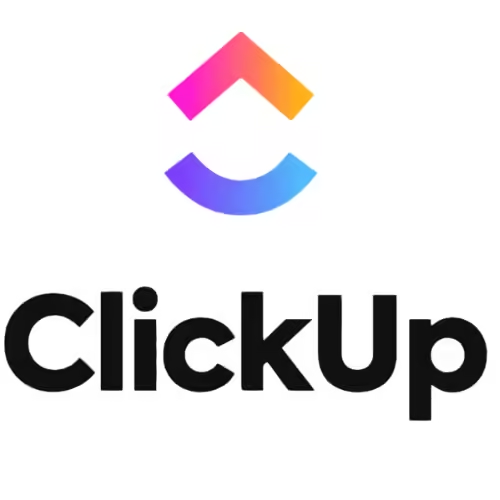
ClickUp is an all-in-one project management software that offers a wide array of features for task management, time tracking, and collaboration. It’s designed to suit teams of all sizes.
- Features: Task assignments, time tracking, goal setting, reporting, integrations.
- Pricing: Free tier available; paid plans start at $5 per user/month.
- Pros: Highly customizable, packed with features, great value for the price.
- Cons: Can be overwhelming with options, occasional performance issues.
Common Questions About best Project Management Software
- What is project management software?
Helps teams plan, execute, and manage projects efficiently. - What are the key features?
Task management, collaboration tools, time tracking, reporting, and integrations. - What is the cost?
Pricing ranges from free versions to plans costing $50+ per user/month. - Is free software available?
Yes, many tools offer free versions, like Asana and Trello. - Best for small teams?
Trello, Asana, and ClickUp are popular for their ease of use. - Can it help remote teams?
Yes, it enhances collaboration for remote teams. - Difference between project and task management?
Project management oversees entire projects; task management focuses on individual tasks. - How to choose the right software?
Consider needs, features, ease of use, pricing, and scalability. - Integration with other tools?
Many offer integration options with communication tools, CRMs, etc. - Benefits of using software?
Improved organization, better communication, enhanced productivity, effective tracking.
Conclusion
Choosing the best project management software is essential for any organization aiming to enhance productivity and collaboration. With various options available, from Microsoft Project to Asana, selecting the right tool depends on your specific needs, budget, and team structure. By leveraging the right project management tools, you can streamline workflows, improve team communication, and ultimately achieve your project goals more effectively.
References
- Microsoft Project best Project Management Software
- Jira
- Asana
- Google Workspace best Project Management Software
- Basecamp
- Trello
- Monday.com
- Wrike
- Smartsheet
- ClickUp
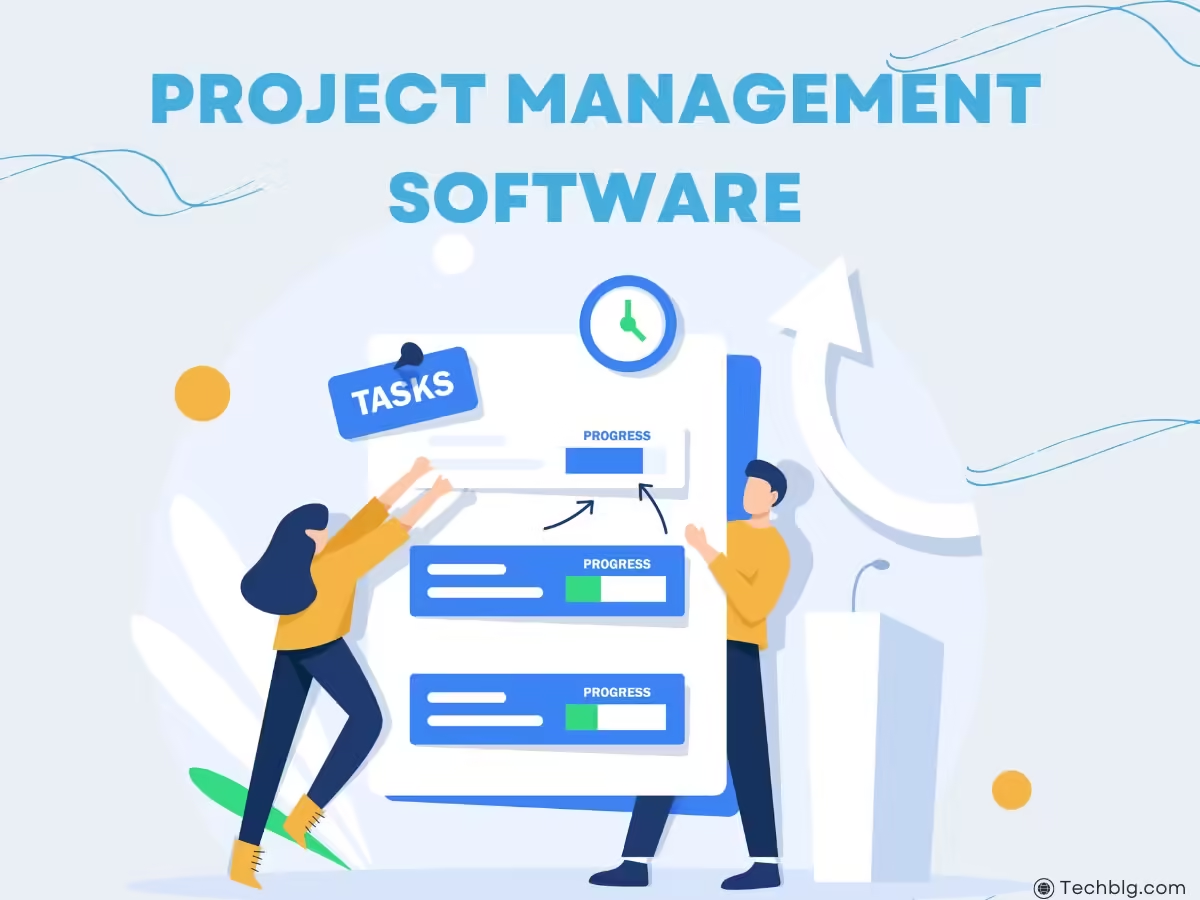
Leave a Reply